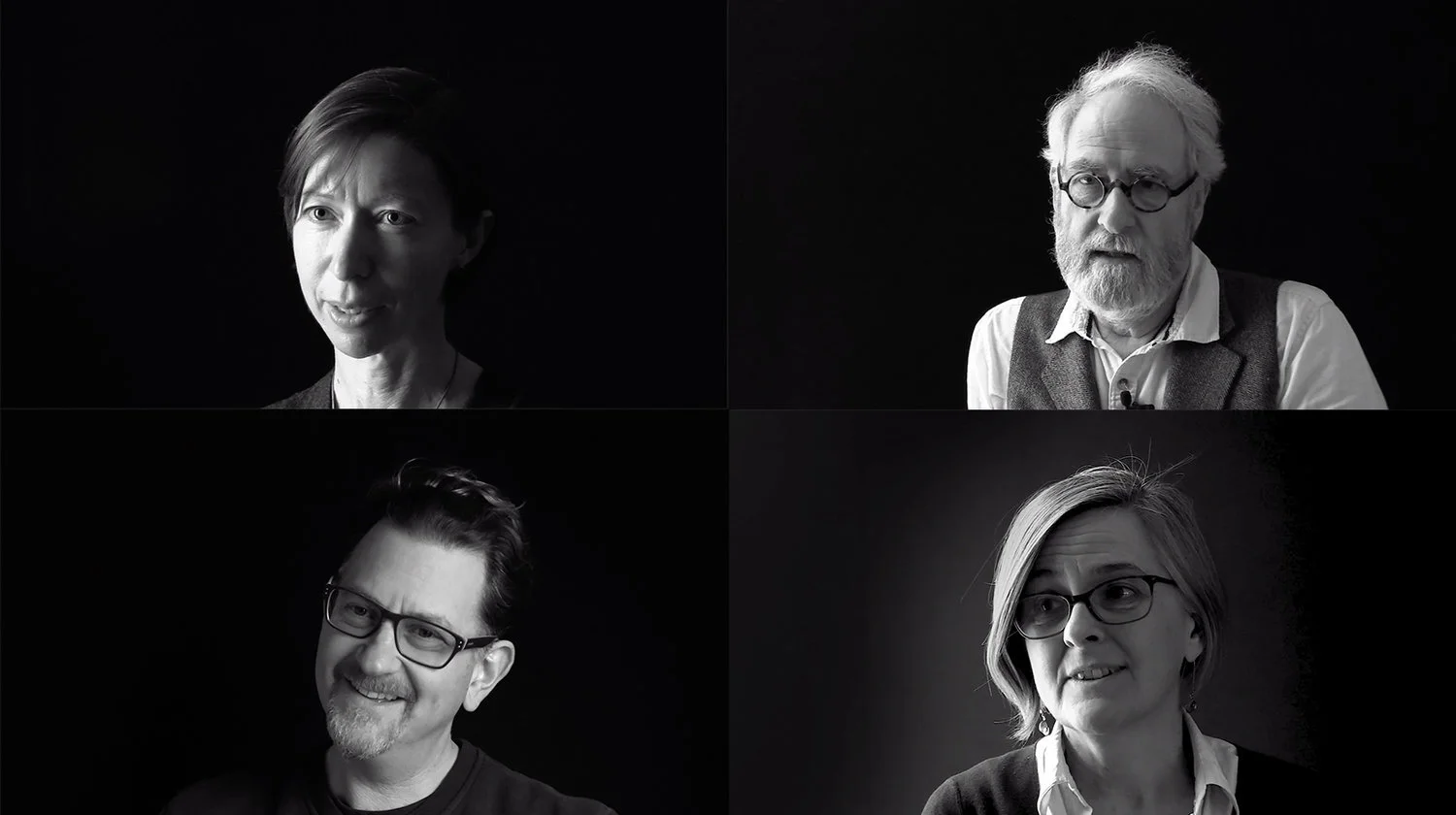Clarity
Cornwall: Nikon D3s
“Clarity is Power”
(Tony Robbins)
Clarity is a ghost.
If solid clarity rises from the mists of our experience, we can be sure it’s an illusion.
We seem to demand a clarion call, as though we are unable to commit to the future unless we are promised clarity.
Yet when we ask politicians, leaders and even consultants to show us clear simplicity in a complex, confused and confusing world, we are hoping for salvation rather than facing into the anxiety and fear of revelation.
We shut our eyes.
Of course, it gets us off the hook. But, as we sit back and deny our voice, our capacity for discretion and our individual discernment, we become passive followers. We deny our contribution and, when things get difficult, we can avoid blame or responsibility. The less attractive downside is that when we buy into simplification and resist the potential for multiple views or perspectives, it becomes easier for leaders to exert control over us.
Good leaders use the privilege of position and role to show us the landscape. They don’t try to convince us that the view ahead is clear or the path is easy, but they open up the conversation, facilitate the flow of information and connect people together. When the power of leadership is used in this way, it increases our collective ability to think about how we think about what we are doing; the rich, ongoing, joint inquiry into effectiveness, ethics and participation which better equips us to be freely spontaneous and innovative in our work.
As we face into climate breakdown, social failure and ecological collapse, we should realise that these issues are deeply interwoven and complex. We will need collaboration, joint action and, no doubt, faith and trust in each other if we are to influence how our future unfolds.
The way ahead is unclear.
But let’s avoid the illusion of clarity and, instead, each use the power of our followership to make a difference.
Notes:
I’ve been working with a group of Chinese executives, one of whom reminded us of the Deng Xiaoping quote: ‘We cross the river by feeling for the stones.’ It felt like a helpful insight during a conversation about the reality of ‘Transformational Leadership’.
Take a look at ‘The politics of salvation and revelation in the practice of consultancy’ in ‘Tongued with Fire’ by W. Gordon Lawrence. He reminds us of the convenient myth of the twentieth century; that individuals are autonomous, but calls us towards greater mutuality other than conflict and competition.
I’ve also been re-reading Margaret Wheatley’s ‘Who do we choose to be?’ The book now falls open at a section on interconnectedness where there is the tag-line: ‘Collaboration is the process that creates an ecosystem; greed destroys it.’
See also:


